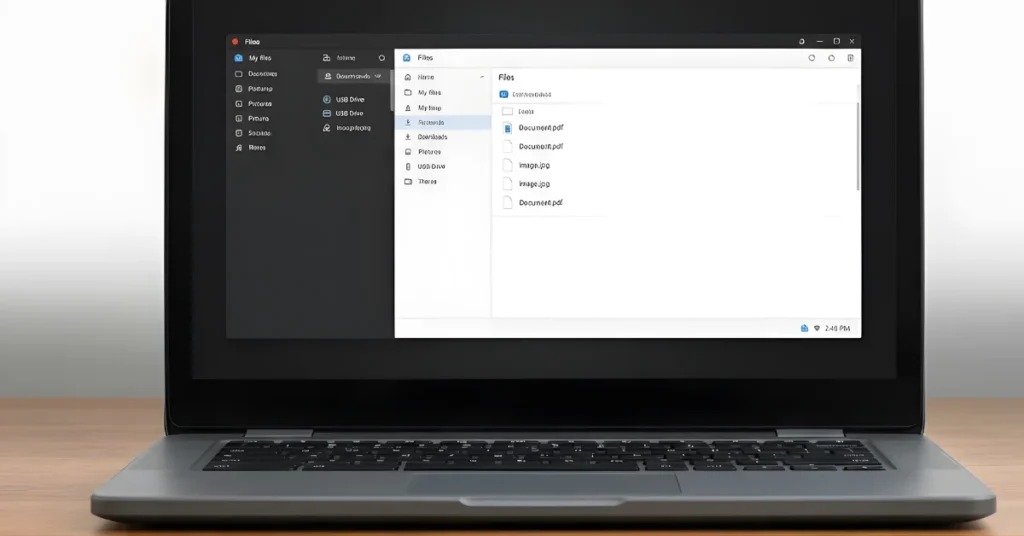If you’ve ever gazed at the vast blue ocean and wondered what it’s like to work on a ship, you’re not alone. The Merchant Navy is a dream career for many, offering adventure, good pay, and global travel. But here’s the real question: how to join Merchant Navy? Whether you’re in school, college, or already a graduate, this guide will walk you through the different paths to enter this dynamic field. Let’s dive in.
What is Merchant Navy?
Before we talk about the “how,” let’s first understand the “what.” The Merchant Navy refers to the fleet of commercial ships that transport goods and passengers across the world. It’s different from the Navy (which is military) because the Merchant Navy is a civilian sector. These ships include oil tankers, cargo ships, cruise liners, and more.
The work can be tough, but it’s rewarding. From engineers and deck officers to cooks and cadets, there’s a role for everyone. And the best part? You get paid while you travel the globe.
How to Join Merchant Navy After 10th
Yes, you can start your journey right after 10th grade, but with specific limitations. If you’re wondering how to join Merchant Navy after 10th, the most common route is to pursue GP Rating (General Purpose Rating) or NCV (Near Coastal Voyage) courses. These are short-term, skill-based programs that train you for entry-level roles on ships.
Eligibility:
- Passed 10th with minimum 40% marks
- Age between 17.5 to 25 years
- Physically fit with good eyesight
Popular Courses:
- GP Rating (6-month course)
- NCV Deck Cadet Course
These programs help you start as a seaman or deckhand, and with experience, you can climb the ranks over time.
How to Join Merchant Navy After 12th
This is the most common route students take, and the one that opens more career opportunities. If you’re thinking about how to join Merchant Navy after 12th, especially with a science stream (Physics, Chemistry, and Math), you’re eligible for more advanced courses.
Eligibility Criteria:
- Passed 12th with PCM (Physics, Chemistry, Math) and minimum 60%
- Age between 17 to 25 years
- Eyesight must be 6/6 (no color blindness)
- Pass the IMU-CET entrance exam
Courses You Can Pursue:
- B.Sc. Nautical Science
- B.E./B.Tech Marine Engineering
- Diploma in Nautical Science (DNS)
These lead to officer-level roles such as Navigation Officer or Marine Engineer. You will undergo pre-sea training followed by internships or shipboard training.
Wondering how to become a professional after 12th in other fields too? Here’s a detailed guide on how to become a teacher after 12th.
How to Join Merchant Navy After Graduation
Didn’t start early? No problem, you can still join the Merchant Navy post-graduation. For those who missed out after 12th or took a different academic path, there’s still hope. If you hold a degree in Mechanical, Electrical, or Naval Architecture, you can join through lateral entry schemes.
Eligibility:
- Graduation in Engineering (Mechanical, Electrical, Naval)
- Age between 17 to 28 years
- Pass medical and eyesight standards
Course Option:
- GME (Graduate Marine Engineering) – 1-year program for Mechanical Engineers
- ETO (Electro Technical Officer) – 4 to 6-month course for Electrical & Electronics graduates
Once completed, you can join as an officer in the engine department or electrical department.
Can Commerce Student Join Merchant Navy?
The answer is both yes and no; it depends on the role. If you’re asking can commerce student join merchant navy, the direct officer-level roles are out of reach because they require a science background. However, commerce students can still enter via GP Rating or pursue hotel management-based roles on cruise ships, like stewards or hospitality staff.
So, while options are limited, it’s still possible with the right course and willingness to work hard.
How to Apply for Merchant Navy

Ready to take the plunge? Here’s how to apply. The application process varies based on the course you choose:
For GP Rating or NCV Courses:
- Apply directly to DG Shipping-approved maritime institutes
- Appear for medicals and entrance tests (if applicable)
For B.Sc. or DNS Programs:
- Appear for the IMU-CET conducted by the Indian Maritime University
- Apply to affiliated colleges based on your rank
- Complete pre-sea training and documentation
For GME or ETO Courses:
- Apply to institutes offering the course
- Undergo interviews and medical tests
Want to explore other uniformed or discipline-heavy careers? Here’s an interesting read on How to Become an NSG Commando.
Is Merchant Navy a Government Job?
This is a common confusion; let’s clear it up. No, the Merchant Navy is not a government job. It’s a private-sector or semi-governmental career based on shipping companies. However, many companies follow international labor laws and are registered under government shipping boards, which adds a layer of regulation and job safety.
So while it’s not technically a sarkari naukri, it still offers good salary, benefits, and job security. Speaking of regulated professions, here’s an informative piece on How to Become a High Court Judge in India if you’re into law and justice.
Merchant Navy Salary: What Can You Expect?
Let’s talk numbers, because the pay is one of the biggest attractions. Salaries in the Merchant Navy depend on rank, experience, type of vessel, and employer. Here’s a rough idea:
| Rank | Monthly Salary (Approx.) |
| Deck Cadet / Trainee | ₹25,000 – ₹50,000 |
| 3rd Officer / Engineer | ₹1 – ₹2 Lakh |
| 2nd Officer / Engineer | ₹2 – ₹3 Lakh |
| Chief Officer / Engineer | ₹4 – ₹6 Lakh |
| Captain | ₹6 – ₹10 Lakh+ |
Keep in mind, these are tax-free earnings (when working in international waters for over 183 days). The perks include free food, accommodation, and travel.
Looking for other high-paying roles? You might be interested in How to Become a Cardiologist, which also offers lucrative salaries.
Types of Jobs in Merchant Navy
It’s not just about captains and engineers, there’s a variety of roles available. Here are some major departments and job types:
1. Deck Department:
- Captain
- Chief Officer
- Second Officer
- Third Officer
2. Engine Department:
- Chief Engineer
- Second Engineer
- Third Engineer
- Engine Cadet
3. Electro-Technical Department:
- ETO (Electro Technical Officer)
4. Hospitality/Support Roles:
- Stewards
- Cooks
- Housekeeping
- Medical Officers
For students looking to get involved early, consider reading How to Join NCC to build leadership and discipline from a young age.
Life in the Merchant Navy: What to Expect
It’s not your regular 9 to 5 job; life at sea is a different world. Expect long contracts (3 to 9 months), limited connectivity, and physically demanding work. But it’s also filled with breathtaking sunsets, international ports, and lifelong camaraderie. It’s a perfect blend of adventure and responsibility.
Looking for more “how-to” guides like this? NutBolt India is your go-to destination for answering every What, Why, Who, When, Where, and How you’ve ever wondered.
Final Thoughts:
If you crave adventure, are physically fit, and want a high-paying, unconventional job, the Merchant Navy might just be your calling. The field is open to students after 10th, 12th, and even graduation, with pathways suited to different interests and qualifications.
Just remember, it’s not all glamour. Life at sea comes with its own set of challenges. But for the right kind of person, it’s an incredibly rewarding journey, one that literally takes you places.
And if you’re still exploring your career path, you might also want to check out How to Become a Pilot, another high-flying adventure career.













